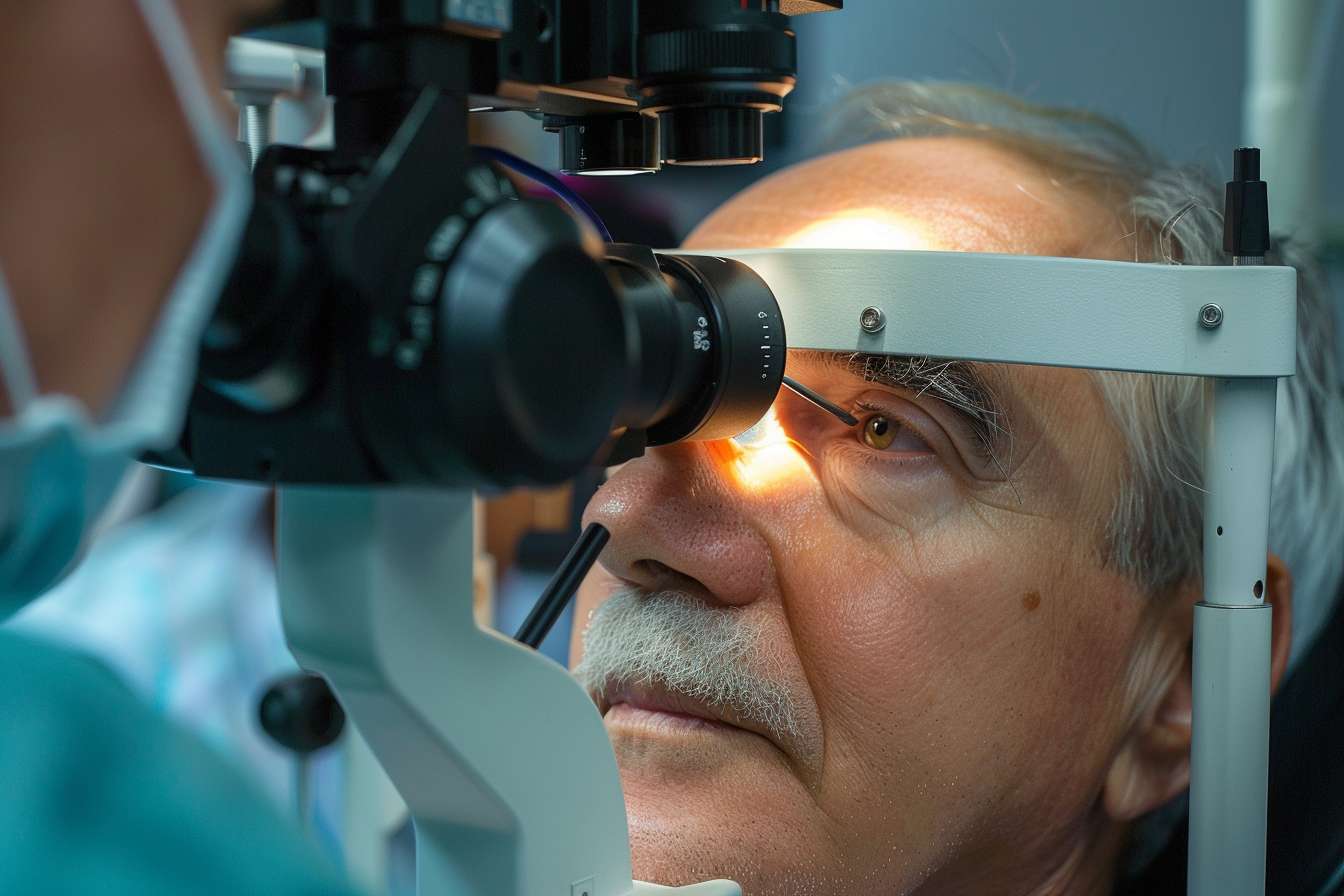Digestive Health Specialists: What Gastroenterologists Treat
Gastroenterologists are physicians who diagnose and manage disorders of the digestive system, from routine reflux and IBS to complex conditions like IBD, liver disease, and colorectal cancer. Learn when to see a specialist, what to expect at appointments, common procedures such as colonoscopy and endoscopy, and tips for finding a qualified provider. This practical guide helps you take control of your digestive health and prepares you for the tests and treatments a gastroenterologist may recommend.

Digestive complaints are common, but when symptoms persist or worsen, a gastroenterologist can provide targeted diagnosis and treatment. These physicians specialize in the organs and functions of the gastrointestinal tract — including the esophagus, stomach, intestines, liver, pancreas, gallbladder, and bile ducts — and offer expertise ranging from preventive screenings to complex therapeutic procedures.
When to consult a gastroenterologist
If you experience ongoing or severe digestive symptoms, it’s wise to seek specialist care. Examples that warrant evaluation include chronic or recurring abdominal pain, persistent heartburn or acid reflux, trouble swallowing, unexplained weight loss, visible blood in stool or black/tarry stools, and significant or sudden changes in bowel habits. People with a family history of colorectal cancer or those approaching recommended screening ages should also discuss colonoscopy schedules with a gastroenterologist. Early consultation can identify treatable problems, start timely therapy, and prevent complications.
Conditions commonly managed
Gastroenterologists treat a broad array of disorders affecting digestion and related organs. Common conditions include:
- Gastroesophageal reflux disease (GERD) and persistent heartburn
- Inflammatory bowel disease (IBD), including Crohn’s disease and ulcerative colitis
- Irritable bowel syndrome (IBS)
- Celiac disease and other malabsorption syndromes
- Peptic ulcer disease
- Liver conditions such as hepatitis, fatty liver disease, and cirrhosis
- Colorectal polyps and colorectal cancer screening and surveillance
- Pancreatic diseases
- Gallbladder and bile duct disorders
Specialists tailor management plans to the individual — considering symptom pattern, test results, lifestyle, and overall health — to achieve the best outcomes.
What happens at your first visit
An initial appointment typically begins with a thorough review of your medical history, current symptoms, medications, and family history. The gastroenterologist will perform a focused physical exam and may request baseline tests such as blood work, stool studies, or imaging (ultrasound, CT, MRI) to narrow potential causes. If necessary, endoscopic procedures may be scheduled to directly visualize and, in many cases, treat abnormalities. After evaluating all available information, the specialist will present a diagnosis or working diagnosis and discuss options: lifestyle adjustments, dietary strategies, medications, or procedural interventions.
Tests, procedures, and treatments you should know about
Gastroenterologists use diagnostic and therapeutic tools to both identify and manage disease. Among the most frequently performed procedures are:
- Colonoscopy: visual inspection of the colon and rectum; allows for polyp removal and biopsy
- Upper endoscopy (esophagogastroduodenoscopy): examines the esophagus, stomach, and upper small intestine
- ERCP (Endoscopic Retrograde Cholangiopancreatography): used for diagnosing and treating bile duct and pancreatic problems
- Capsule endoscopy: a swallowable camera that captures images of the small intestine
- Liver biopsy: sampling liver tissue when needed to clarify diagnosis
Treatment approaches commonly include prescription medications (antacids, proton pump inhibitors, immunosuppressants, biologics, antibiotics, antivirals), tailored dietary changes, behavioral or lifestyle adjustments, and minimally invasive endoscopic therapies. In some situations, collaboration with surgeons, hepatologists, oncologists, or nutrition specialists is necessary to provide comprehensive care.
| Procedure | Typical purpose |
|---|---|
| Colonoscopy | Screen for colorectal cancer, remove polyps, investigate bleeding or changes in bowel habits |
| Upper endoscopy | Evaluate reflux, ulcers, swallowing problems, and upper GI bleeding |
| ERCP | Diagnose/treat bile duct stones, strictures, and pancreatic duct issues |
| Capsule endoscopy | Visualize small bowel sources of bleeding or inflammation |
Cost disclaimer: Costs for procedures and care vary by region, facility, and insurance coverage. Contact your healthcare provider or insurer for specific pricing and coverage details.
How to find a qualified gastroenterologist
Start by asking your primary care provider for referrals — they can recommend specialists they trust and coordinate care. Local hospitals and academic medical centers often list gastroenterology teams on their websites. National professional organizations, such as the American College of Gastroenterology, maintain searchable directories of board-certified gastroenterologists. When choosing a provider, consider credentials, experience with your specific condition, hospital affiliations, patient reviews, and insurance network status. It’s reasonable to prepare questions in advance about a physician’s approach to diagnosis, experience with needed procedures, and follow-up structure.
Preparing for visits and procedures
Bring a concise summary of your medical history, a list of medications (including supplements), and notes about symptoms or triggers. For scheduled endoscopic procedures, follow pre-procedure instructions closely — these often include fasting and bowel preparation for colonoscopy. Understanding what to expect before, during, and after tests reduces anxiety and improves safety.
Gastroenterologists are central to preserving and restoring digestive health, offering both preventive services like colon cancer screening and complex care for chronic or acute GI diseases. Consulting a specialist when symptoms are persistent or when screening is due helps ensure timely diagnosis and personalized treatment plans tailored to your needs.
This article is for informational purposes only and should not be considered medical advice. Please consult a qualified healthcare professional for personalized guidance and treatment.




